- Empty cart.
- Continue Shopping
Nasik Pasanth (Mango)
Original price was: ₹700.00.₹398.00Current price is: ₹398.00.
Genus : Philippine Mangoes
“Experience the joy of growing your own Nasik Pasanth (Mango) fruit plant. Indulge in the delightful flavors and enticing aroma of this tropical fruit.”
.” It’s possible that the term “Nasik Pasanth” may refer to a specific local or regional name for a mango variety that is not widely known or recognized. Mangoes are a diverse fruit with numerous varieties, and their characteristics can vary greatly depending on the specific variety.
However, based on general information about mangoes, here’s a description of a typical mango fruit plant:
Plant Characteristics:
- Size: Mango trees are medium to large-sized, evergreen trees that can grow up to 10-30 meters in height, depending on the variety.
- Leaves: The leaves are typically large, lanceolate, and glossy green in color.
- Flowers: Mango trees produce small, fragrant flowers that are usually pinkish-white or yellowish-white in color, and they are arranged in panicles.
- Fruits: Mango fruits are usually oval or oblong in shape, with a single large seed (stone) in the center. The skin can be smooth or slightly rough, and it comes in various colors, ranging from green, yellow, orange, to red, depending on the variety. The pulp inside is juicy, sweet, and aromatic, and it can be yellow, orange, or even red, depending on the variety. Mangoes are known for their rich and tropical flavor.
Cultivation:
- Climate: Mangoes are tropical or subtropical fruit trees that require warm temperatures and a frost-free climate to thrive. They are typically grown in regions with hot summers and mild winters.
- Soil: Mangoes prefer well-drained, fertile soils that are rich in organic matter.
- Sunlight: Mangoes require full sunlight for optimal growth and fruit production.
- Water: Mango trees require regular watering, especially during the flowering and fruiting stages. However, they can tolerate some drought once established.
- Propagation: Mango trees can be propagated through grafting, seedlings, or air layering, depending on the desired variety and purpose.
Uses:
- Edible Fruit: Mangoes are primarily grown for their delicious and nutritious fruits, which are consumed fresh, used in various culinary applications, such as desserts, smoothies, salads, and sauces, and processed into jams, chutneys, and dried mangoes.
- Medicinal Purposes: Mangoes are believed to have potential health benefits due to their rich content of vitamins, minerals, and antioxidants. They are used in traditional medicine for treating ailments such as digestive issues, inflammation, and skin problems.
- Ornamental: Mango trees are sometimes grown as ornamental trees in gardens and landscapes for their attractive foliage, flowers, and fruits.
In conclusion, while I couldn’t find specific information about a mango variety called “Nasik Pasanth,” mangoes in general are tropical or subtropical fruit trees known for their delicious fruits and attractive appearance. They require warm temperatures, well-drained soils, and full sunlight for optimal growth, and they are typically propagated through grafting, seedlings, or air layering. Mangoes are used primarily for their edible fruits, but they may also have potential health benefits and can be grown for ornamental purposes.




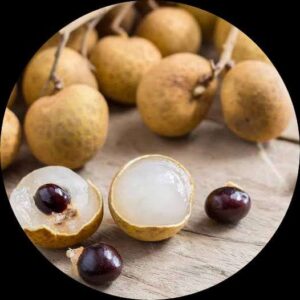
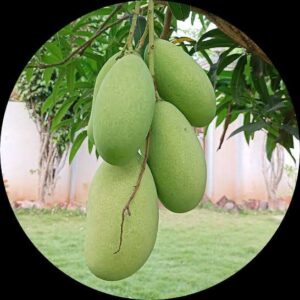
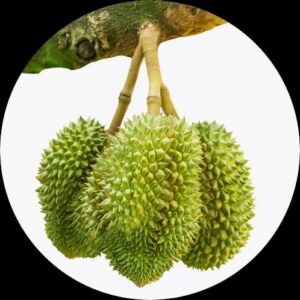
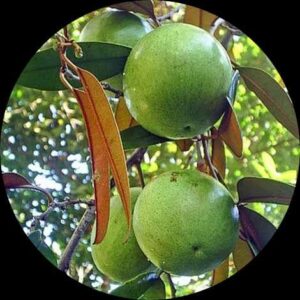
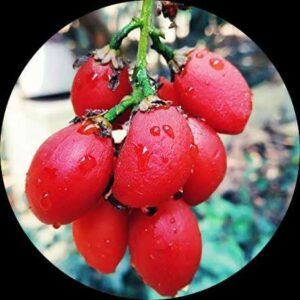
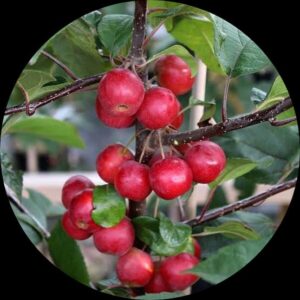
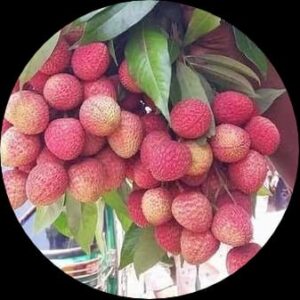
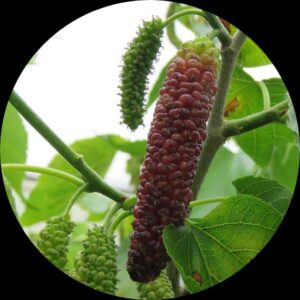
Reviews
There are no reviews yet.